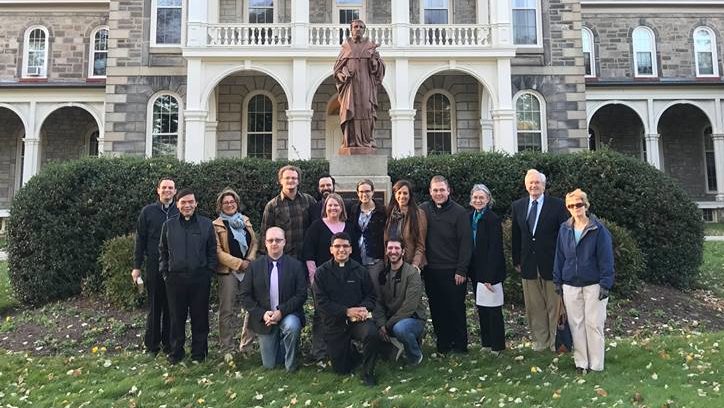
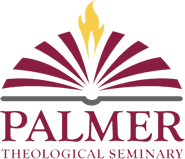 Palmer Theological Seminary of Eastern University, in St. Davids, Pa., will again defend its right to provide ministerial training to United Methodist students, as it has for many Eastern PA Conference clergy, in a hearing on Thursday, January 24, in Atlanta.
Palmer Theological Seminary of Eastern University, in St. Davids, Pa., will again defend its right to provide ministerial training to United Methodist students, as it has for many Eastern PA Conference clergy, in a hearing on Thursday, January 24, in Atlanta.
The denomination’s Commission on Theological Education has recommended that the seminary, attended by many working students and part-time local pastors in the Philadelphia region, “not be approved for listing for preparation of candidates for ordination in The United Methodist Church, effective July 1, 2019.” Palmer’s pending status for the past year has been “Approved with Public Warning.”
The commission cited “non-compliance” with its policies in its recommendation to the UMC’s University Senate, its parent body, which grants and supervises the denomination’s official relationships with higher learning institutions.
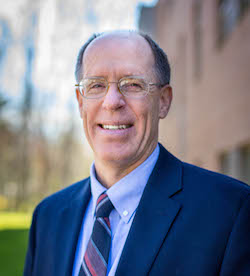 Palmer Dean Dr. David Bronkema (right) has responded to that recommendation with a detailed, six-page letter that expresses “shock and puzzlement” in light of ongoing efforts the seminary has made recently to strengthen its United Methodist presence and influence on campus. He will respond further in person at an interview before the commission next Thursday.
Palmer Dean Dr. David Bronkema (right) has responded to that recommendation with a detailed, six-page letter that expresses “shock and puzzlement” in light of ongoing efforts the seminary has made recently to strengthen its United Methodist presence and influence on campus. He will respond further in person at an interview before the commission next Thursday.
Bishop Peggy Johnson, who evaluates and supports the work of all four seminaries* educating United Methodists in her episcopal area, will participate in the interview by video remote. The Rev. Bron Yocum, a retired clergy member now on the seminary staff and working with UM students and alumni there, will accompany Bronkema to the interview. Dr. Yocum is Palmer’s Director of Methodist Student Advising and Ethos.
The commission made its recommendation in late July 2018. Its executive secretary, Mark Hanshaw, then wrote to Bronkema charging non-compliance with two key University Senate alternative policies for non-UM seminaries to be approved for educating UM candidates for ministry. Institutions must either employ at least one fulltime, credentialed UM faculty member with a long-term contract to teach required UM-related courses, or they must partner with a UM school of theology, through a memorandum of understanding (MOU), to offer the required courses in UM history, polity and doctrine.
Bronkema sent a letter Friday, January 18, to alumni of Palmer, formerly known as Eastern Baptist Theological Seminary, asking for prayers of support as the seminary appeals the commission’s “delisting” recommendation. It successfully appealed a previous delisting recommendation in 2018 and agreed to remedial measures, which led to its current “Approved with Public Warning” status.
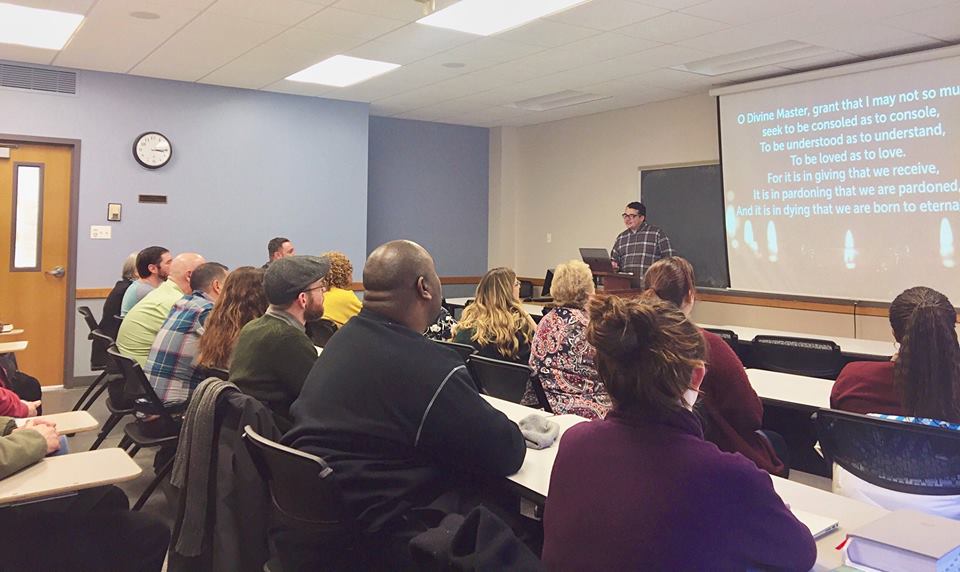
In his letter to alumni, Bronkema, who became interim dean in 2016 but was named Dean of the Seminary last fall, explains “why we were so taken aback by this decision, and why we think it is fundamentally erroneous and counterproductive… We have diligently pursued and in our understanding had achieved compliance with the University Senate’s wishes, requests, and policies.” He also cites “barriers that we have faced along the way, some of which appear clearly to be of the University Senate’s own making.”
The dean recalls “a history of the University Senate trying to delist us,” citing an attempt about eight years ago that led to “an outpouring of protest from our Methodist alumni and colleagues” and the senate’s reversal upon appeal. He also mentions Yocum’s addition to the faculty and several efforts to forge teaching partnerships and MOUs with UM seminaries, like Wesley Theological Seminary in Washington DC.
Bronkema says two attempts were thwarted by “the pressures of wider Methodist politics related to the University Senate.” He lamented lost opportunities and instances of confusion and miscommunication that hindered remediation, adding, “Over these last three years we have made good faith effort after good faith effort to comply fully.
“We have continued to scour the possibilities of a United Methodist seminary (partnership),” he writes, “and (we) appear to have found one, and hope and pray that by the time of our interview with the University Senate we will have an MOU in hand.”
Bronkema expresses gratitude for relationships with UM alumni, leaders and entities, and he lists recent additions to United Methodist life on campus, including:
- weekly chapel services featuring UM materials and local UM pastors as speakers;
- an on-line UM student forum inviting students to reflect on topics of denominational interest;
- plans to live-stream the Special General Conference in February with a debriefing afterwards with the Eastern PA Conference delegation and bishop; and
- plans to host and also provide teachers for major conference and district educational events, including the South District Tools for Ministry event March 2 and the Academy for Laity in August.
The seminary has also invited Bishop Gregory Palmer, a Philadelphia native and episcopal leader of the Ohio West Area, to be its commencement speaker in May.
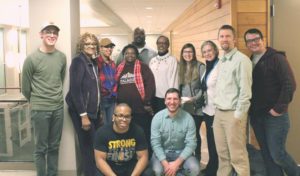 “Our seminary is serving a particularly crucial United Methodist constituency that no other seminary is able to serve because of our particular geographic location,” Bronkemp reports, referring to Palmer’s convenience for students from the Philadelphia area, many of whom work fulltime and have families to care for, making travel or relocation to other regional seminaries difficult. While other seminaries are just hours away, heavy traffic can make commutes difficult, even daunting for some.
“Our seminary is serving a particularly crucial United Methodist constituency that no other seminary is able to serve because of our particular geographic location,” Bronkemp reports, referring to Palmer’s convenience for students from the Philadelphia area, many of whom work fulltime and have families to care for, making travel or relocation to other regional seminaries difficult. While other seminaries are just hours away, heavy traffic can make commutes difficult, even daunting for some.
The Rev. Johnson Dodla, pastor of Olivet UMC in Coatesville and co-chairman of the conference Board of Ordained Ministry (BoOM), is one of many Palmer alumni in the conference. He worked fulltime at a church while attending the seminary fulltime and says it has “produced excellent leaders and pastors in our conference,” many of whom have served on BoOM. “The question is, how can we continue to support Palmer in performing its mission?” he asked.
The Rev. Gary Knerr, pastor of Grove UMC in West Chester and also co-chairman of BoOM, is alarmed by how the loss of Palmer as an approved seminary for ministerial candidates might affect the conference, its churches and students, including local pastors, who must seek seminary education elsewhere.
“The key points that concern us about this recommendation are the negative impact on urban students, urban ministry and our ministerial leadership in general,” said Knerr. “But also the ambiguities, contradictions and seminary politics involved in this decision have to be addressed.”
